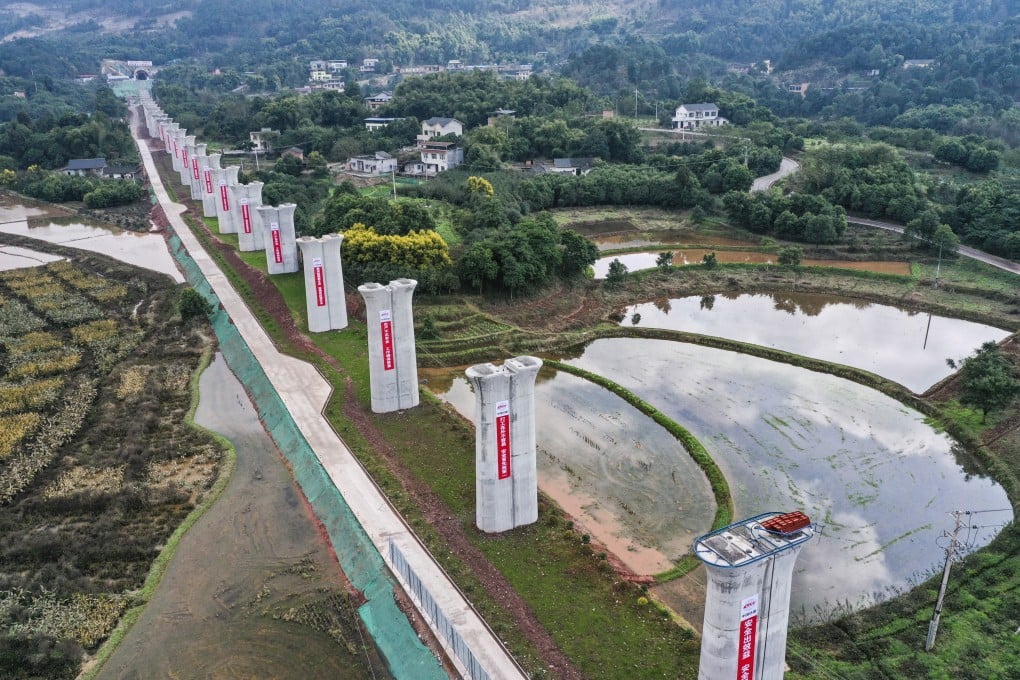China, developing Asia have room for ‘tax mobilisation’ to repair Ukraine war, coronavirus economic damage
- Asian Development Bank said that weak revenues and high spending erase fiscal surpluses and expand deficits across developing Asia
- Manila-based institution estimates China’s economy will still grow by 5 per cent in 2022 having opted to not revise down its forecast

Developing Asia, including China, has room to increase tax revenues to accommodate vast public spending and achieve their sustainable development goals amid slowing growth due to the Ukraine war and coronavirus pandemic, according to a new report.
The Asian Development Bank said in its “Asian Development Outlook 2022” report on Wednesday that weak revenues and high spending can erase fiscal surpluses and expand deficits across developing Asia, which has the potential to raise three to four percentage points of tax incomes from a pre-pandemic average of around 16 per cent of gross domestic product (GDP).
Government debts as average public gross debt increased to 65.3 per cent of GDP in 2021 from 51.9 per cent in 2019, according to the report.
The Manila-based institution, which estimates China’s economy will still grow by 5 per cent in 2022 having opted to not revise down its forecast, said the virus situation is “highly uncertain right now”.
If the virus spreads to many Chinese cities and the government maintains the very restrictive Covid policy, it can get out of hand while growth in the coming year could be lowered
“If the virus spreads to many Chinese cities and the government maintains the very restrictive Covid policy, it can get out of hand while growth in the coming year could be lowered,” said Albert Park, chief economist at Asian Development Bank.